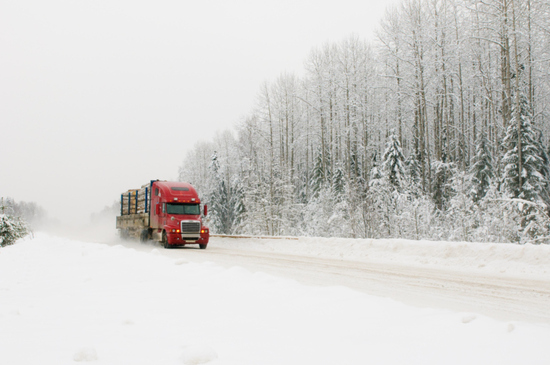
Ever wonder why it seems people drive better in a February snowstorm than one in December? Is this phenomenon simply in your imagination because you are impatient about how early-winter snow impacts your travel time?
No. Bad early-winter driving is a real phenomenon, according to a psychology professor at the University of Wisconsin-Whitewater.
“Very often, the world changes faster than the brain learns, creating a learning lag,” explains David Havas.
To some extent, all Ohio drivers must relearn winter-driving skills each November or December. This is a gradual process, but mother nature does not ease us into it; snow reduces traction whether it is November or February.
Havas suggests that drivers take their cars to a traffic-free place in early winter and spend a few minutes braking, accelerating and turning. Experiencing these changes in a safe environment allows the driver to relearn winter driving more quickly.
While psychology makes poor early-winter driving more excusable, the legal system does not. Whether it is December or July, each motorist must adjust his or her driving habits to accommodate the weather. In snow and ice, this generally involves driving slower and allowing for greater stopping distances. If a driver fails to do this, he or she is responsible for resulting harm to others on Ohio roads.

